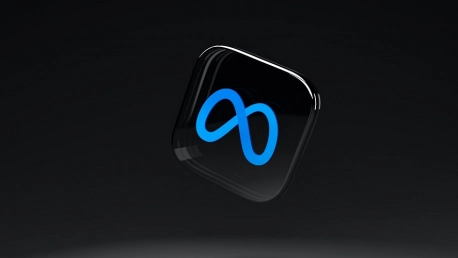After Russia decided to invade the neighboring country of Ukraine, killing countless civilians and forcing people to leave their homes, Western governments deployed harsh economic sanctions against Russia. Policy-makers were not alone in striking Russia with severe sanctions, as more than 400 companies—including some of the best-known brands in the world—decided to pull out of the transcontinental country. Brands like Apple, McDonald’s, Coca-Cola and Starbucks have already stopped operations in Russia, while other companies and brands decided to take a different route and suspend, or merely reduce, activities.
While it may be impossible to say what the right decision is during this crisis, it’s important to find out not only how top brands decided to respond to the Russian invasion, but also how these brands communicate their different choices to their audience. As the invasion continues, marketers across the world need to decide what efforts their brands should make concerning this geopolitical crisis, how they can show support for their staff in the region and whether stopping business with Russian partners is imperative. Take a look at how top brands around the world responded to the Russian invasion of Ukraine.
Meta’s efforts to stop misinformation
It comes as no surprise that social media platforms are used to spread fake news and misinformation regarding this conflict. Meta, the company that owns Facebook, Instagram, WhatsApp, and Oculus, has promptly responded to this threat, while also announcing other ongoing efforts regarding Russia’s invasion of Ukraine. According to a recent statement, Meta has already set up a special operations center with experts and native Russian as well as Ukrainian speakers, to monitor its platform permanently and respond to new problems in real-time. Moreover, Meta has also added multiple safety features in Ukraine and Russia and has stepped up its efforts to stop the spread of false information.
These are just the latest from a wide range of actions Meta took since the beginning of the crisis—actions that ranged from providing help for non-profit organizations that support Ukraine, to supporting admins of emergency relief Facebook groups. Meta’s CEO and founder, Mark Zuckerberg, has recently gone as far as to call the invasion of Ukraine a “massively destabilizing world event” in one of his rare public statements—and the only one regarding this conflict. Meta’s efforts are also met with swift action from Russia, where a court has recently banned both Facebook and Instagram in the country, and flagged the company as “extremist”.
Airbnb’s plan to secure housing for refugees
One of the most bitter effects of the invasion may be the fact that numerous people in Ukraine were forced to leave their homes and seek shelter in other areas of their country, or in the neighboring countries of Poland, Romania, Moldova, Hungary, and others. According to the United Nations (UN), approximately 6.48 million people are now displaced in Ukraine as a direct result of the war, while more than 3.6 million people have left the country altogether. Some companies have decided to help these people who are now forced to live as refugees in other countries, by providing them with housing and donations.
Airbnb has recently announced it would offer free limited housing for up to 100,000 people leaving Ukraine. The company has already managed to book numerous houses—with more than 21,500 hosts around the world—now being a part of the new program. Moreover, Airbnb’s co-founders, Brian Chesky, Joe Gebbia, Nathan and Elizabeth Blecharczyk, have also promised to match up to $10 million in donations to Airbnb.org throughout March, in a new effort to help Ukrainian refugees.“Airbnb is working with partners across Europe to begin connecting refugees fleeing Ukraine to housing,” the company announced in a statement.
New ways of doing business
Unlike Meta and Airbnb, most companies were left with few ways of actively helping Ukrainian citizens and protesting against Russia’s invasion. However, these companies also made efforts of their own, from stopping the shipping of products to Russia, like Amazon, to cutting broadcasting services, like Discovery, Netflix, BBC, and CNN. Cosmetics giant L’Oreal not only closed its stores in Russia and temporarily suspended all e-commerce operations, but also unveiled a solidarity plan for Ukraine. It’s important to note that the same company also issued a statement saying all these efforts are made whilst still taking care of their 2,200 Russian employees.
While numerous different efforts are now being made by companies around the world, one thing seems to remain certain during this unspeakable geopolitical crisis: Brands need to announce their actions to their audiences, and to the world. As they do, more and more companies will also probably take actions against Russia’s invasion of Ukraine, and provide support for refugees now seeking shelter in Europe. Digital marketing efforts can now be used not only to reach new audiences and boost sales and profits, but also to support peace efforts around the world.









